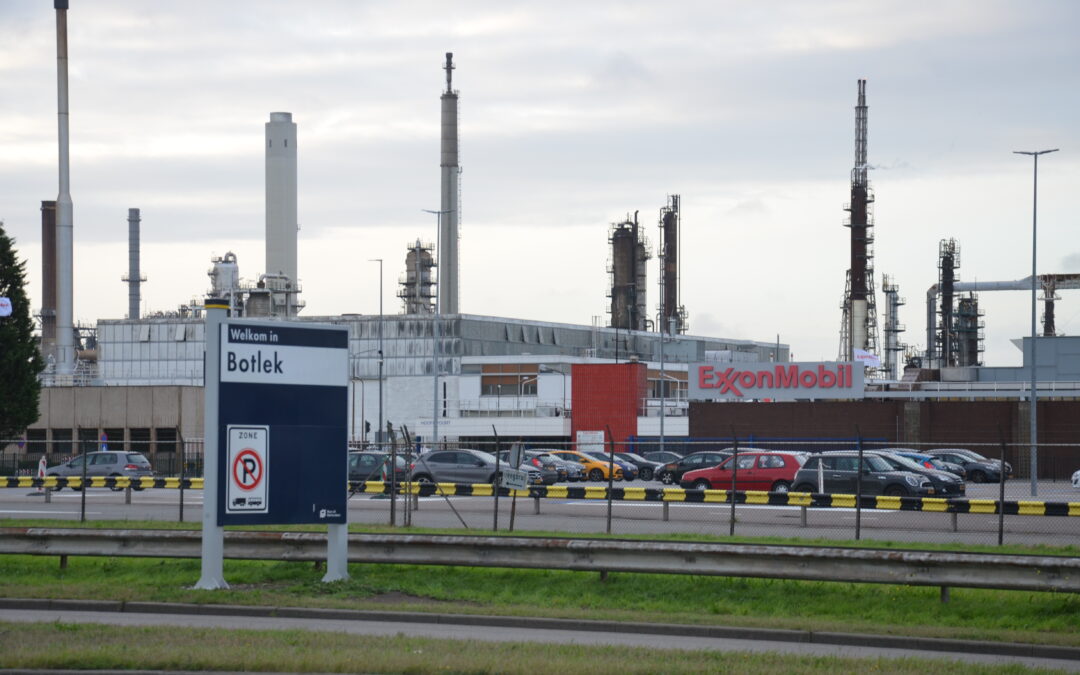ExxonMobil CEO Darren Woods has all but admitted that the company’s ill-advised foray into low-carbon technology relies on subsidies provided by the Inflation Reduction Act. According to Bloomberg:
Exxon Mobil Corp. won’t move forward with one of the world’s largest, low-carbon hydrogen projects if the Biden administration withholds tax incentives for natural gas-fed facilities, Chief Executive Officer Darren Woods said during an interview.
Under the current guidelines, incentives are earmarked for projects that produce so-called “green” hydrogen by using water and renewable energy. But Exxon believes it can produce “blue” hydrogen from gas by trapping carbon emissions. As a result, the company asserts it proposed Houston-area facility ought to qualify for tax credits under the Inflation Reduction Act, Woods said at the CERAWeek by S&P Global conference on Monday.
Giving preference to “green” hydrogen over “blue” supplies would amount to a government attempt to favor certain technologies rather than simply focusing on cutting overall emissions, he added.
The Inflation Reduction Act was passed to accelerate the energy transition by providing financial support from the US government. Many companies responding by chasing subsidies with large investments in so-called “green” technology. In most cases, these investments contradict the company’s core value proposition. Exxon is a fantastic example; its expertise is in oil and gas, yet Mr. Woods has conceded that the IRA pushed the company to invest in low-carbon solutions it wouldn’t traditionally get involved in:
On balance, Woods is supportive of the Biden administration’s Inflation Reduction Act, which “showed a willingness to find solution sets” to global warming that go beyond just renewable energy. Federal support for technologies like carbon capture, hydrogen and biofuels “opens the door for us as a company to start trying to contribute solutions,” he said.
The company maintains that its low carbon business lines will produce a roughly 15% return. Shareholders should question whether these returns are possible without the IRA. Staking the company’s future on partisan political subsidies seems unwise — former President Trump has vowed to gut the IRA if he is elected President later this year.
ExxonMobil’s investments in low-carbon technology are partially driven by perverse incentives included in the executive pay plans which reward executive officers for lowering the company’s carbon emissions. ExxonMobil remains primarily an oil and gas company, which means the company’s executive are being paid to destroy shareholder value under the current compensation package.
National Legal and Policy Center has filed a shareholder proposal asking ExxonMobil to remove these incentives and restore legitimate fiduciary goals to its executive pay. NLPC has also filed the same proposal at ConocoPhillips.
Luke Perlot, associate director of the Corporate Integrity Project, wrote a commentary for Real Clear Markets in January 2024 calling on the oil and gas majors to stop playing both sides:
If ExxonMobil and ConocoPhillips want to preserve their long-term viability and continue to benefit the vast majority of their shareholders, they need to go all the way in both their rhetoric and their actions, and remove politically motivated emissions reduction targets from executive compensation incentives.
Read Perlot’s full commentary at Real Clear Markets.









